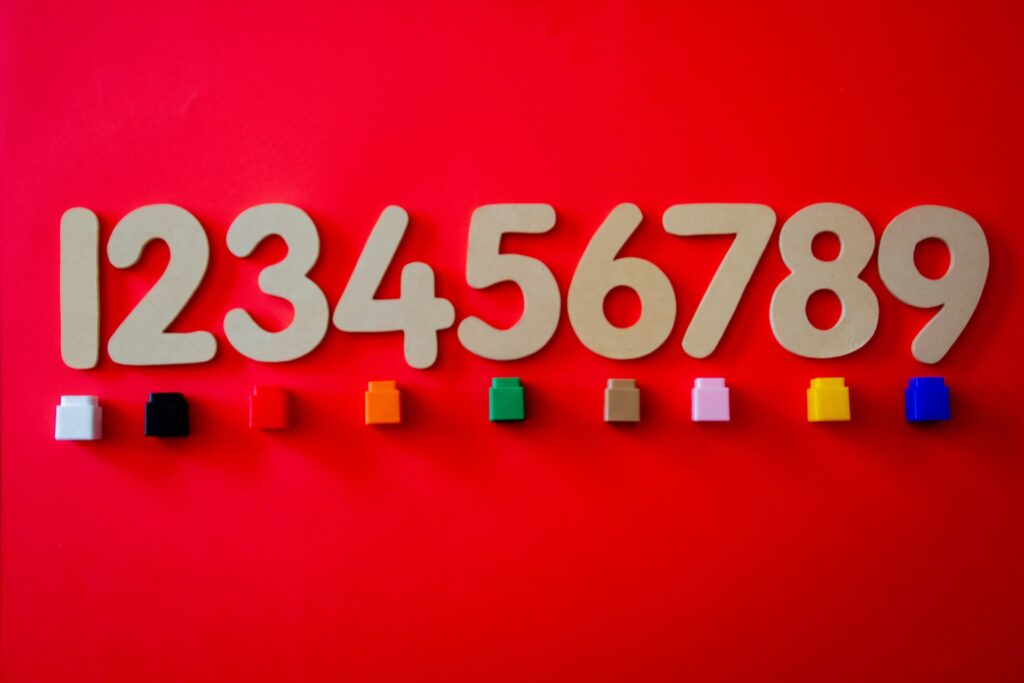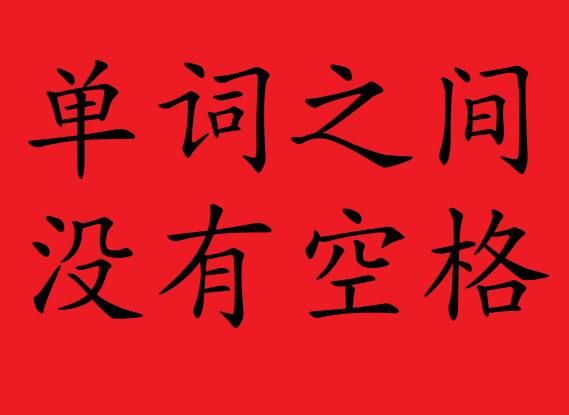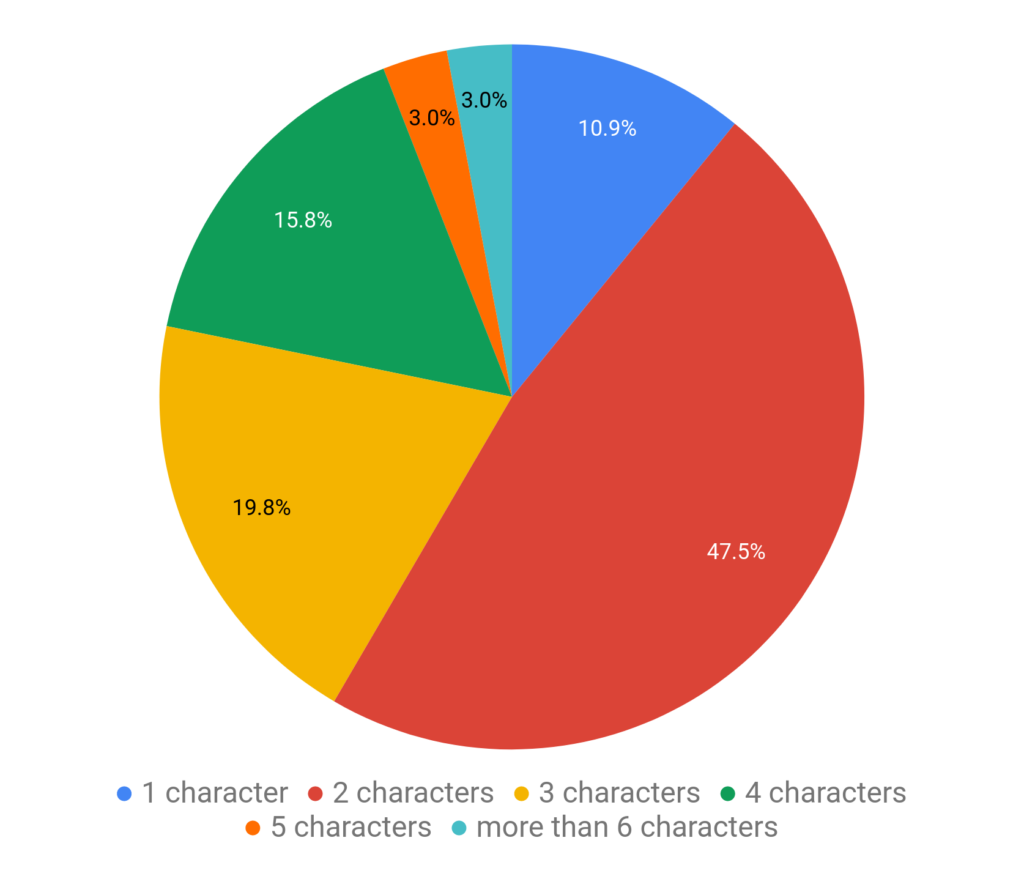The difference between 出问题 (chū wèntí) and 有问题 (yǒu wèntí)
You may have seen both 有问题 and 出问题 in Chinese, both are often translated to mean “has a problem” or “has a fault”, however there is a difference in meaning. Consider the following phrases: My car has a problem My car has a problem / Something went wrong with my car / My car has […]
The difference between 出问题 (chū wèntí) and 有问题 (yǒu wèntí) Read More »








